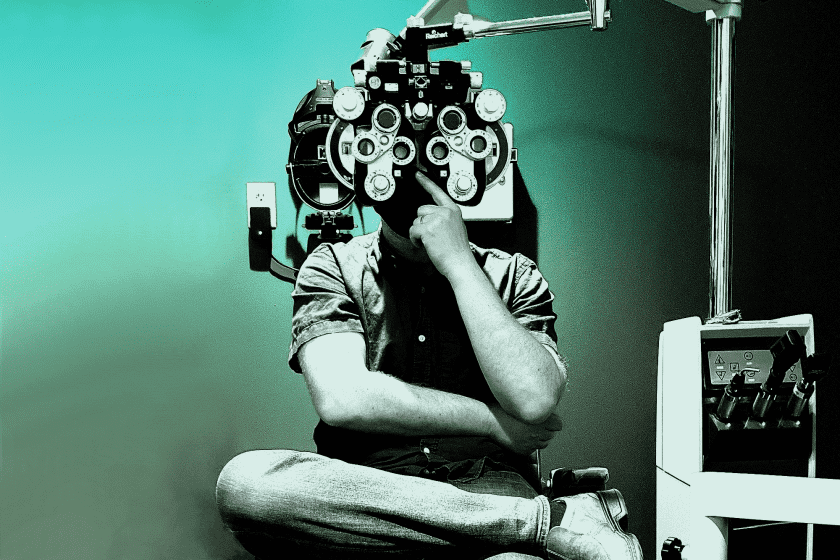
The technological changes in how healthcare is delivered are disorienting to both patients and doctors, but that reaction isn’t new, Jeremy Greene said on this week’s Drinks With The Deal podcast, in which he discussed his new book “The Doctor Who Wasn’t There: Technology, History and the Limits of Telehealth.”
Greene, a physician and a professor of the history of medicine at Johns Hopkins University, practices in a community health center in Baltimore. Over the past decade, he said, he has watched “as the medium of medicine has shifted from one that was predominantly paper to one that is predominantly electronic.” Doctors have responded “with a combination of incredible enthusiasm and extraordinary frustration and a sense of burnout, a sense that the work of doctoring has been cheapened in the exchange.”
The incorporation of the telephone into medical practice in the early 20th century generated a similar response. “We’re living through a technology shift, but this has happened before in different ways,” he said.
In his book, Greene also considers the history of telemedicine, a term coined in 1971, and of the effort to make medical records electronic, which dates to the 1950s. “We use the term precision medicine, but the drive behind it was something the computer helped to bring about,” Greene said. The result is a system where “medicine involves so much time staring at a computer screen rather than spending time with patients,” he said, which has led to “fear on the part of doctors that they’ll lose autonomy and relevance.”
Here’s the podcast with Jeremy Greene:
More podcasts from The Deal are available on iTunes, Spotify and on TheDeal.com.



